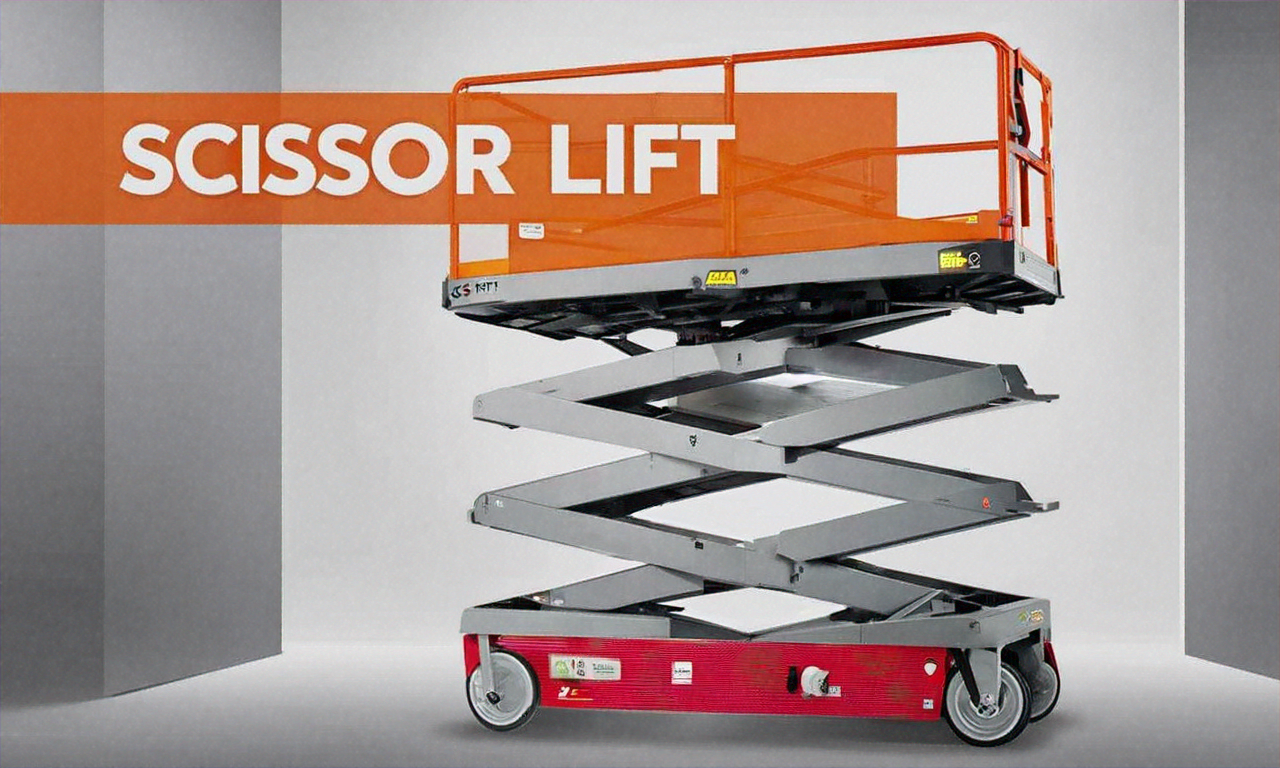Explore helpful tips on small trailers for daily use
Small trailers have become essential tools for countless daily activities, from hauling garden supplies to transporting recreational equipment. Whether you're moving furniture, carrying camping gear, or managing business deliveries, the right small trailer can transform how you handle transportation tasks. Understanding the key features, design options, and practical considerations will help you make informed decisions about incorporating these versatile vehicles into your routine.

Small trailers offer remarkable versatility for everyday transportation needs, serving homeowners, businesses, and outdoor enthusiasts alike. These compact hauling solutions range from basic utility trailers to specialized designs tailored for specific purposes. The growing popularity of small trailers reflects their ability to extend vehicle capacity without requiring larger trucks or commercial vehicles.
Discover Versatile Trailer Designs
Modern small trailers come in numerous configurations to match diverse hauling requirements. Utility trailers feature open beds with removable sides, making them ideal for landscaping materials, furniture, or construction supplies. Enclosed trailers provide weather protection for valuable items and offer security during transport. Specialized designs include motorcycle trailers with integrated ramps, boat trailers with proper bunks and winches, and cargo trailers with rear doors for easy loading.
Flatbed trailers excel at transporting large, oddly-shaped items that won’t fit in enclosed spaces. Many feature tie-down points and optional side rails for securing loads. Dump trailers incorporate hydraulic lifting mechanisms, making them perfect for gravel, mulch, or debris removal projects. Tilt trailers simplify loading heavy equipment by lowering the bed to ground level.
Understand Essential Features for Daily Use
Weight capacity represents the most critical specification when selecting a small trailer. Gross Vehicle Weight Rating (GVWR) indicates the maximum safe load, including the trailer’s weight. Common small trailers range from 1,000 to 7,000 pounds GVWR. Axle configuration affects stability and load distribution, with tandem axles providing better weight handling than single axles.
Braking systems become mandatory above certain weight thresholds, typically 3,000 pounds in most states. Electric brakes integrate with your vehicle’s braking system, while surge brakes activate automatically during deceleration. Proper tongue weight, usually 10-15% of total trailer weight, ensures stable towing without affecting vehicle handling.
Coupler types must match your vehicle’s hitch system. Ball couplers work with standard ball hitches, while pintle hitches offer heavy-duty connections. Safety chains provide backup connections if the primary coupling fails. LED lighting systems improve visibility and typically last longer than traditional bulbs.
Get Practical Tips for Effective Transport
Proper loading techniques maximize safety and trailer longevity. Distribute weight evenly across the trailer bed, placing heavier items toward the front to maintain appropriate tongue weight. Secure all cargo with appropriate tie-downs, using ratchet straps or bungee cords rated for the load weight. Check local regulations regarding load securing requirements and maximum dimensions.
Regular maintenance prevents roadside breakdowns and extends trailer life. Inspect tires before each use, checking pressure and tread wear. Grease wheel bearings annually or every 12,000 miles. Test lights and electrical connections regularly, cleaning contacts to prevent corrosion. Store trailers on blocks to reduce tire flat-spotting during extended periods.
Towing mirrors improve visibility when the trailer extends beyond your vehicle’s width. Practice backing up in empty parking lots before attempting tight spaces. Remember that stopping distances increase significantly with trailer loads, requiring earlier braking and increased following distances.
Explore Considerations for Your Needs
Vehicle towing capacity determines which trailers you can safely pull. Check your owner’s manual for maximum towing weight, tongue weight limits, and required equipment. Some vehicles need transmission coolers or upgraded suspension for regular trailer use. Hitch class ratings range from Class I (2,000 pounds) to Class V (20,000+ pounds).
Storage requirements affect trailer selection significantly. Measure available space considering trailer length, width, and tongue extension. Some trailers feature folding tongues or removable components to reduce storage footprint. Indoor storage protects trailers from weather but requires adequate ceiling height and door clearance.
Licensing and registration requirements vary by state and trailer size. Most states require registration for trailers over certain weight or size thresholds. Commercial use may require additional permits or inspections. Insurance coverage typically extends from your vehicle policy, but verify coverage limits and exclusions.
Maximize Convenience with Small Trailers
Accessories enhance trailer functionality and ease of use. Spare tire mounts prevent delays from roadside flats. Toolboxes provide secure storage for tie-downs and maintenance supplies. Removable sides convert utility trailers between hauling modes. Jack wheels simplify manual positioning and storage.
Weather protection options include tonneau covers for open trailers and ventilation systems for enclosed models. Loading ramps facilitate equipment transport, while winches assist with heavy items. Interior lighting improves visibility during loading and unloading operations.
Trailer organization systems maximize space efficiency. Adjustable tie-down tracks accommodate various load configurations. Partition systems separate different cargo types. Floor treatments like rubber mats protect trailer beds and ease cleaning.
| Trailer Type | Typical GVWR | Price Range | Best Applications |
|---|---|---|---|
| Basic Utility | 1,000-3,500 lbs | $800-2,500 | Home projects, landscaping |
| Enclosed Cargo | 2,000-5,000 lbs | $2,000-5,000 | Secure transport, weather protection |
| Dump Trailer | 3,000-7,000 lbs | $3,000-8,000 | Construction materials, debris |
| Motorcycle Trailer | 1,500-3,000 lbs | $1,200-3,500 | Recreational vehicles, ATVs |
Prices, rates, or cost estimates mentioned in this article are based on the latest available information but may change over time. Independent research is advised before making financial decisions.
Small trailers provide practical solutions for countless transportation challenges, from weekend projects to daily business operations. Success depends on matching trailer capabilities with specific needs while maintaining proper safety practices. Regular maintenance and appropriate accessories ensure reliable service and maximize your investment’s value. Whether hauling construction materials or recreational equipment, the right small trailer becomes an indispensable tool for efficient transportation.



